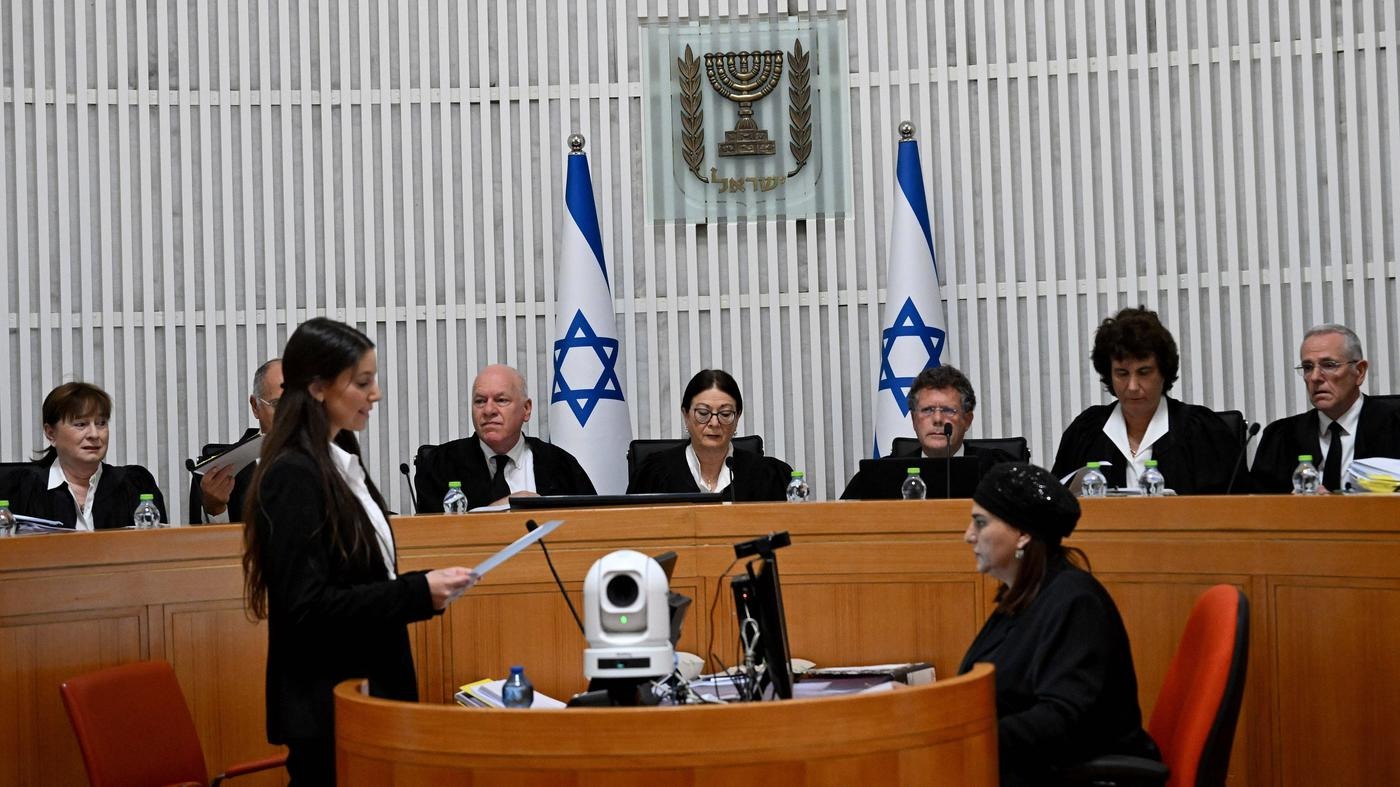

The Israeli Supreme Court has declared the judicial reform law, which was passed through parliament by Benjamin Netanyahu’s government, unconstitutional. This law, aimed at significantly limiting the powers of the court, was found to be inconsistent with the country’s constitution.
Judicial reform has sparked bitter opposition in Israeli society, even if it has temporarily faded into the background following the Hamas attack on October 7. The judges’ decision could become the source of a constitutional crisis if the government decides to ignore it. The new legislation removed the ability of the court to strike down laws that the court considers “unreasonable.”
Supporters of the reform argue that judges who are not elected by the people thereby invalidate the decisions of the democratically elected majority of Knesset members. While critics argue that the court’s powers play an important role in the system of checks and balances, preventing Israel’s liberal democracy from becoming an autocracy.
Israel’s Basic Characteristics at Risk: Extraordinary Consequences and Damage to Democracy.
The court statement stressed that if this law is adopted, it will lead to “serious and unprecedented consequences for the fundamental aspects of democracy in the State of Israel.” The law was reviewed by a full 15-member bench of judges, and the vote resulted in eight of them voting in favor of repealing the law, while the rest were against it.

Yariv Levin, who served as justice minister in Benjamin Netanyahu’s Likud government, expressed his reaction to the court’s decision in a telegram, where he noted that “judges assume all powers, which in a democratic system are usually divided in a balanced manner between three branches of government.”
Some politicians, including Yariv Levin himself, have previously argued that publishing a court decision on such a divisive issue during a bitter war would be inappropriate. However, several of the judges involved in the case were due to expire in January, and the court could not avoid issuing a decision on those dates.
It is important to note that court intervention in such controversial issues causes discussion in society. Supporters of the court’s decision emphasize the importance of judicial independence and the role of the court as an institution that is obliged to protect constitutional principles and the rights of citizens, regardless of the current political climate.
However, critics argue that judges must consider the context and consequences of their decisions, especially during times of tension and conflict. Ultimately, the court’s decision will have a lasting impact on Israel’s political and social dynamics, and its consequences will continue to be debated in society.
Protests against judicial reform under Netanyahu’s government have continued for months, sometimes turning into mass strikes. Organizers of these demonstrations claimed they were the largest in Israeli history.
Hundreds of reservists, including Air Force pilots, protested by refusing to perform official duties. This raised concerns about the impact of the reform and the resulting social divide on the IDF’s combat readiness.
